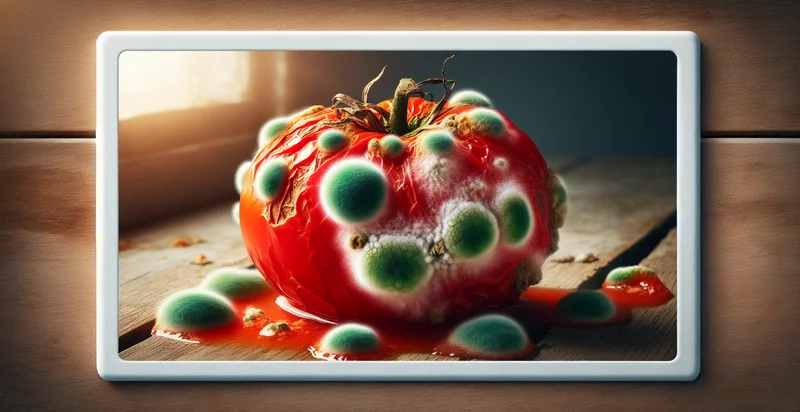Identify tomato species
using AI
Below is a free classifier to identify tomato species. Just upload your image, and our AI will predict what species of tomato it is - in just seconds.

Contact us for API access
Or, use Nyckel to build highly-accurate custom classifiers in just minutes. No PhD required.
Get started
import nyckel
credentials = nyckel.Credentials("YOUR_CLIENT_ID", "YOUR_CLIENT_SECRET")
nyckel.invoke("tomato-species", "your_image_url", credentials)
fetch('https://www.nyckel.com/v1/functions/tomato-species/invoke', {
method: 'POST',
headers: {
'Authorization': 'Bearer ' + 'YOUR_BEARER_TOKEN',
'Content-Type': 'application/json',
},
body: JSON.stringify(
{"data": "your_image_url"}
)
})
.then(response => response.json())
.then(data => console.log(data));
curl -X POST \
-H "Content-Type: application/json" \
-H "Authorization: Bearer YOUR_BEARER_TOKEN" \
-d '{"data": "your_image_url"}' \
https://www.nyckel.com/v1/functions/tomato-species/invoke
How this classifier works
To start, upload your image. Our AI tool will then predict what species of tomato it is.
This pretrained image model uses a Nyckel-created dataset and has 20 labels, including Beefsteak Tomato, Black Tomato, Campari Tomato, Cherry Tomato, Early Girl Tomato, Grape Tomato, Green Tomato, Heirloom Tomato, Jetstar Tomato and Kumato Tomato.
We'll also show a confidence score (the higher the number, the more confident the AI model is around what species of tomato it is).
Whether you're just curious or building tomato species detection into your application, we hope our classifier proves helpful.
Related Classifiers
Need to identify tomato species at scale?
Get API or Zapier access to this classifier for free. It's perfect for:
- Quality Control in Agriculture: The 'tomato species' identifier can be used by agricultural producers to ensure that the correct species of tomatoes are being harvested and sold. By classifying images of growing tomatoes, farmers can identify and segregate species that do not meet market standards, reducing waste and improving product quality.
- Supply Chain Optimization: Suppliers can utilize the classification function to ensure that the tomatoes being shipped match customer specifications. By verifying tomato species at the packing stage, businesses can streamline logistics and improve inventory management, ultimately enhancing customer satisfaction.
- Research in Botany: Researchers in plant sciences can leverage the identifier to classify and catalog different tomato species for academic or horticultural studies. This can aid in biodiversity studies and assist in breeding programs aimed at developing new species or hybrids with desired traits.
- Retail Product Verification: Grocery retailers can use the 'tomato species' identifier to verify that the tomatoes being sold to customers are correctly labeled. This function can prevent misrepresentation of products and help maintain trust with consumers regarding the freshness and types of tomatoes offered for sale.
- Agricultural Education: Educational institutions or online platforms can integrate the identifying function into their agriculture and botany courses. This would provide students with practical tools to learn about tomato species and enhance their understanding of plant classification and species identification.
- Application in Food Technology: Food manufacturers can use the classification function to ensure the proper use of tomato varieties in food products such as sauces or canned goods. This helps in maintaining flavor profiles and quality assurance for products that rely on specific tomato characteristics.
- Sustainable Agriculture Initiatives: Environmental organizations can leverage the identifier to promote sustainable practices by helping farmers recognize and classify heirloom and organic tomato species. By encouraging the cultivation of diverse and native species, businesses can contribute to sustainability efforts and biodiversity conservation.


